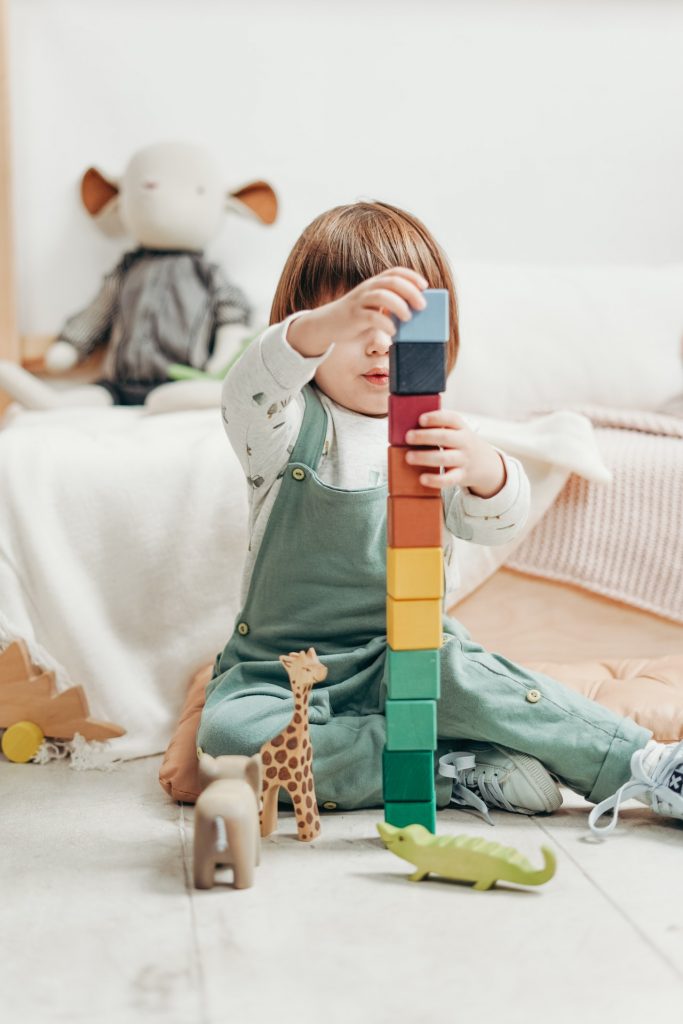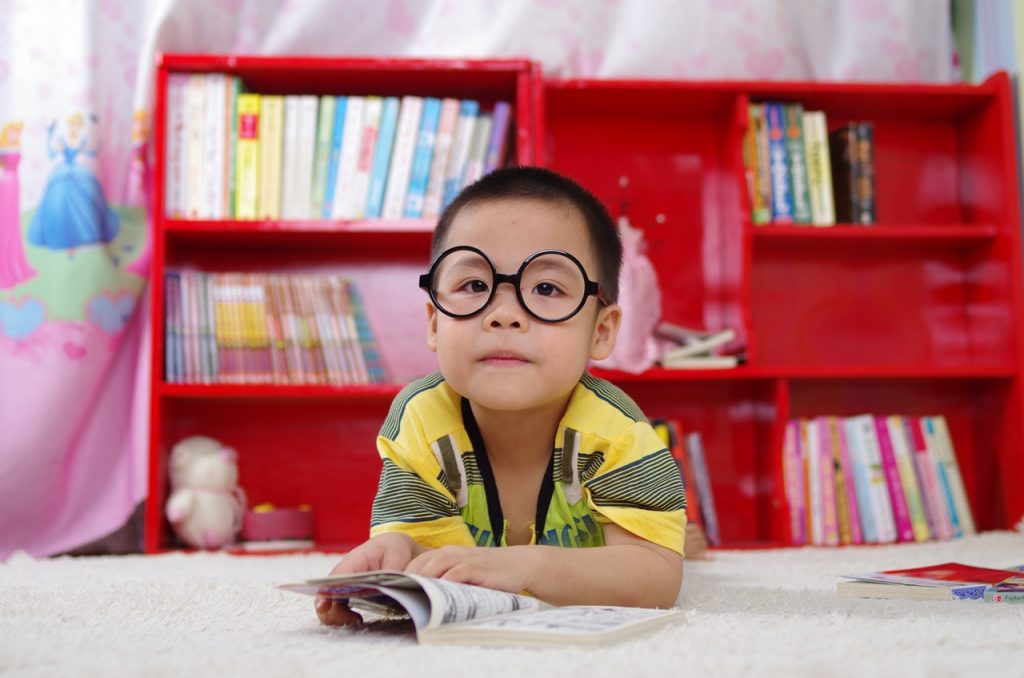
There is no surprise that sleep duration is a crucial component of academic performance. However, providing the best sleep quality for your child can be challenging.
How does sleep affect academic performance?
According to sleep experts, a lack of sleep has a detrimental impact on cognitive abilities. In addition, it can harm school performance in children and teenagers.
Most research on sleep deprivation has been done on adults, although many of the same effects are thought to occur in kids. Although fewer studies have looked at children’s lack of sleep, current evidence suggests that poor sleep quality may have several detrimental effects on educational performance.
Sleep and school performance are linked in several ways, the most direct being impacted by mental performance. The following are some of the recognized issues related to insufficient sleep:
- Decreased attention. Sleep deprivation has detrimental effects on attention and focus. However, poor sleep reduces attention and concentration.
- Impaired memory. Sleep aids in the formation and strengthening of memories. Memories may not be appropriately formed if you don’t get enough sleep. It may be more challenging to remember things that have been stored.
- Slowed processing. People who regularly sleep less than six hours a night may have reduced sharpness, slower reaction time, and difficulty processing information quickly.
- Worsened sequential thinking. When sleep is restricted, people’s ability to recall a sequence of actions, such as in a science experiment or while playing an instrument, is reduced.
- Reduced creativity. According to some research, poor sleep hampers creative thinking by allowing for the creation of connections between various concepts.

How sleep deprivation affects mood and behavior?
Excessive daytime sleepiness
Drowsiness throughout the day, particularly at school, negatively influences academic performance. Microsleeps, which occur when someone falls asleep for seconds, can happen in the classroom and cause students to fall asleep at their desks. This may be considered a problem behavior by teachers and disrupts learning.
Poor decision-making
Sleep deprivation can make it more difficult for the brain’s decision-making regions to develop, increasing the risk of poor or ill-advised decisions that may lead to school suspensions.
Aggressive behavior
According to Child Psychiatry and Human Development, sleeping difficulties are linked to an increased risk of aggressive behavior, especially sleep deprivation’s impact on emotions.
Irritability
Sleep deprivation has been linked to emotional problems in both children and teens, according to a study published in the journal Brain Stimulation.
Hyperactivity
Low-quality sleep can hurt attention. In one research, lack of sleep was linked to teacher reports of hyperactive behavior. Sleep difficulties may exacerbate the signs and symptoms of attention deficit/hyperactivity disorder (ADHD).
Depression and Anxiety
Sleep deprivation is linked to an increased chance of depression and anxiety in both adults and children, which can significantly impact a child’s overall health and school performance.
Missing school may also bring down academic performance. Sleeping difficulties have been linked to higher absenteeism and tardiness in class. Behavioral issues might be a factor in missed school time. Poor sleep has been linked to various physical ailments, including lethargy, headaches, and discomfort, all of which might lead to absences due to sickness.
Summer Sleep Routine for Children
How can parents help their children get better sleep and improve school performance?
The parent should do everything he can in his own right to keep a child enrolled. Given that sleep affects schooling, parents may want children’s education to emphasize rest. Often better sleep is best discussed when the parents discuss sleeping with them and how to improve it.
Recognizing the importance of optimum rest for all the household members can help guide the implementation of practical ways to improve sleep. Parents can try their best to encourage health and well-being during this process. Many people want their families to focus on sleeping well during the night.
According to research, children sleep better when their parents establish a bedtime. This bedtime helps to better define the daily routine while also preventing other tasks, even beneficial ones like study, from gradually encroaching on time set aside for sleep. In addition, bedtimes set by parents have been linked to improved mood and less daytime sleepiness in children, in addition to more sleep.

As an extension of the firm bedtime routine, parents may encourage their children to develop a soothing preparation for bed. To unwind and prepare for sleep, following the same procedures every night has been discovered to benefit young children. It is frequently suggested for individuals of all ages.
Staying connected to the Internet and using electronic gadgets, including cell phones, is a part of getting ready for bed. Both children and adults should avoid using gadgets for an hour or more before going to bed. If at all feasible, the devices should be kept out of arm’s reach when in bed or out of the bedroom entirely.
Parents can also help their children sleep better by creating a calm sleeping environment. Children sleep better with a supportive mattress, nice bedding, and a peaceful bedroom that is dark and quiet, just like adults. In addition, parents can collaborate with their children to ensure that their sleep environment is soothing and conducive to good rest.
Suppose parents’ sleeping difficulties are severe, persistent, or affecting their child’s thinking or behavior during the day. In that case, parents should talk to the child’s pediatrician. A pediatrician can evaluate a youngster’s sleep and make specific recommendations for treatment if the doctor determines that the kid has insomnia, which is different from frequent sleeping issues. A pediatrician may also examine a youngster’s situation to determine whether their sleep problems are related to an underlying sleep disturbance or another health issue.
Conclusion
Parents can help their children get better sleep and improve school performance by establishing a bedtime, encouraging a soothing preparation for bed, and staying connected to the Internet, and using electronic gadgets in a limited way before going to bed. Children sleep better when they have a supportive mattress, nice bedding, and a peaceful bedroom that is dark and quiet. However, suppose parents’ sleeping difficulties are severe, persistent, or affecting their child’s thinking or behavior during the day. In that case, parents should bring it up with their child’s pediatrician.
